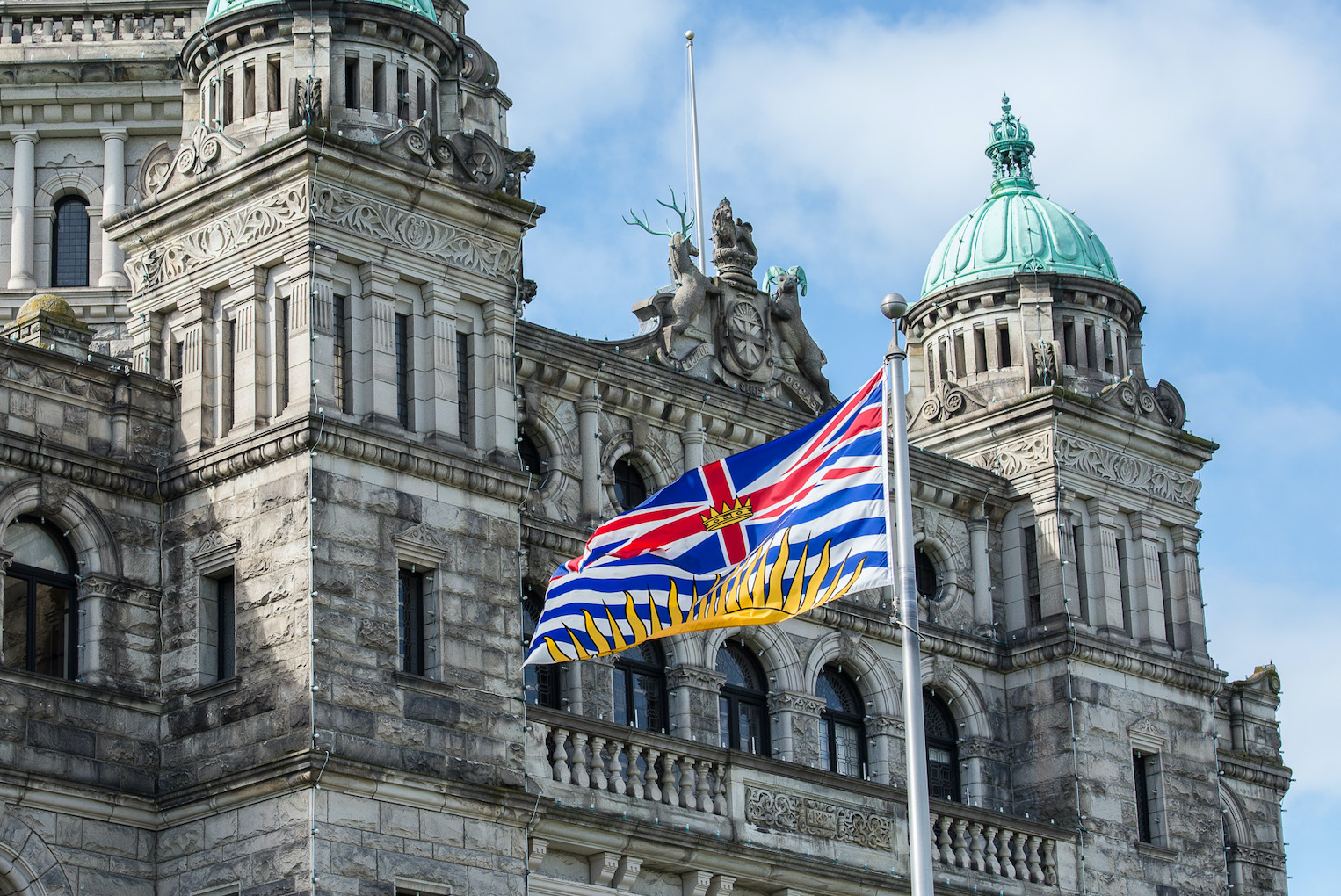Written by Nikki Hill on September 30, 2020 for our series Earnscliffe BC Election Insights.
It’s election time in beautiful British Columbia, and in the tradition of B.C. elections, it is expected to be a close race where every vote counts and a number of swing seats will be critical to the two main parties in securing a majority. Only a week in, it’s already a different election than political campaigners, media and watchers are used to following. Safety requirements to address COVID-19 have eliminated some traditional campaign tactics like rallies and door knocking, but new and innovative voter outreach strategies are emerging.
The reality of a COVID campaign is bemoaned by some, but the requirements of social distancing may bring positive change to both campaigning and political culture. With other jurisdictions having campaigns underway or completed, B.C. parties can build on tactics to make sure healthy voter engagement happens.
Only a week in, all campaigns are acclimating and proving to be adept in this new reality. Hitting the virtual doorstep has quickly become the new normal. From social media to old fashioned phone calls, candidates are reaching voters. It may be a new election reality, but how we engage in dialogue about issues we care about has been evolving since March, as we adapted to virtual work and social lives.
While traditional meeting places like campaign offices decrease in importance, they’ve also becoming less relevant for years. Organizers across all party lines have been looking for more effective ways to engage with voters over multiple campaign cycles. When I left my role in 2009 as Director of Organization at the BC NDP, we’d already been using home based, digital and remote campaign tools through multiple elections. Digital campaigning makes volunteering easier for busy people and helps reach people who are increasingly hard to connect with by phone and even at home.
During the first weekend of the campaign, candidates from all parties flooded social media with distanced kick-offs, signs going up and calls being made to donors and voters alike. Campaigns aren’t won on Twitter or Facebook, but social media is showing momentum and activity growing around B.C. for all parties. Candidates will need to be visible both online and offline to reach undecided voters, many of whom aren’t even aware yet that an election is underway.
Campaigns are already well into voter calling strategies, with some organizing group parties online to give volunteers the opportunity to interact with each other. Candidate launches are getting high virtual turnouts, presumably because people can join easily from their homes. To ensure campaign visibility, we can expect to see more people on neighbourhood streets (from a distance) waving signs, dropping off leaflets and making noise. More emphasis on connecting with friends is also expected, modelling after successes seen in the United States where campaigns have been mobilizing voters through relationships.
Local campaigns will start to take on greater importance as candidates try to reach undecided voters around the province. It is a controversial opinion in some circles, but I’ve always been a firm believer that big campaign rallies divert energy and people away from their local campaigns and do little to move undecided voters, even though they admittedly provide the campaign an opportunity to demonstrate momentum and the media with a visual show of energy from a room of supporters and volunteers. When we remove the pressures of drawing out thousands of people on a Saturday, candidates and campaigns find themselves with more time to participate in local events and voter contact activities.
The pandemic has transformed how we interact with each other, and this election will continue to bring new advances as candidates and campaigns continue to innovate to reach voters and communicate their messages. It is an unprecedented time, but I think we can all agree that democracy should continue during a pandemic, and perhaps it can even change campaigns for the better.
